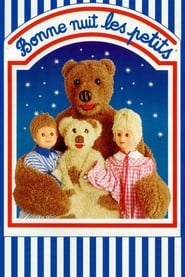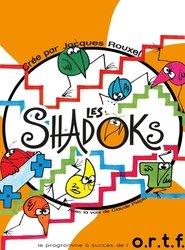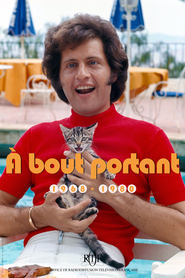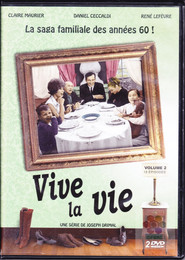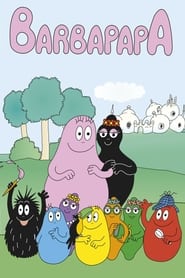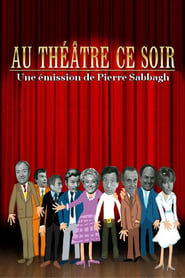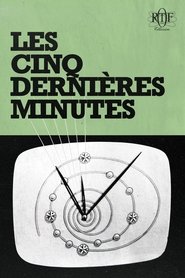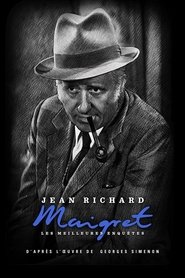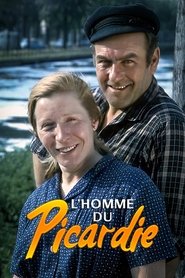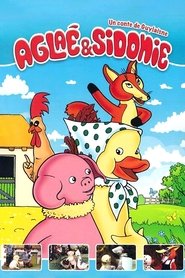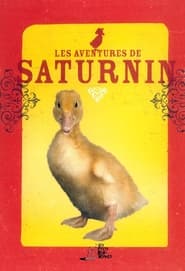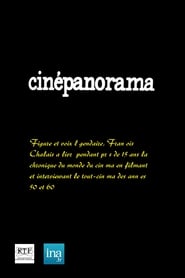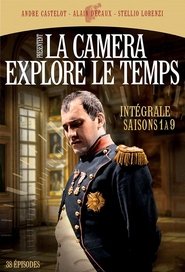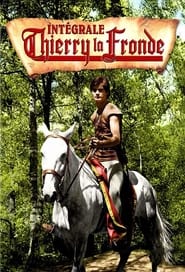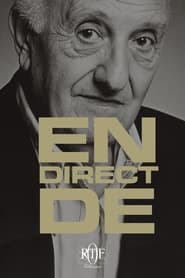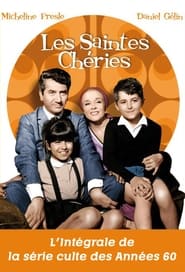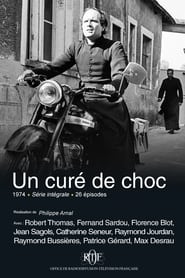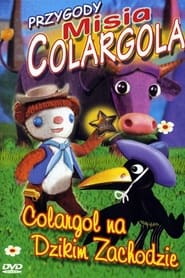Ortf T Eacute L Eacute Vision TV Series
-
Les Shadoks
1968
star 7.2Les Shadoks is an animated television series created by French cartoonist Jacques Rouxel which caused a sensation in France when it was first broadcast in 1968-1974. The Shadoks were bird-like in appearance, were characterised by ruthlessness and stupidity and inhabited a two dimensional planet. Another set of creatures in the Shadok canon are the Gibis, who are the opposite to the Shadoks in that they are intelligent but vulnerable and also inhabit a two-dimensional planet. Rouxel claims that the term Shadok obtains some derivation from Captain Haddock of Hergé's The Adventures of Tintin and the Gibis are essentially GBs. The Shadoks were a significant literary, cultural and philosophical phenomenon in France. Even today, the French occasionally use satirical comparisons with the Shadoks for policies and attitudes that they consider absurd. The Shadoks were noted for mottos such as: ⁕"Why do it the easy way when you can do it the hard way?" ⁕"When one tries continuously, one ends up succe -
Vive la vie
1966
Vive la vie
1966
-
Barbapapa
1974
star 7The adventures of Barbapapa and Barbama and their seven children, where they search for their place in the world, while helping humans and animals. -
At Theatre Tonight
1966
star 7.5At Theater tonight is a TV show broadcasted from 25th August 1966 to 21st September 1985. The show is broadcast plays recorded in two or three days, during public performances at the Théâtre Marigny on the Champs-Élysées, or sometimes Edouard VII theater. -
Les Cinq Dernières Minutes
1958
Les Cinq Dernieres Minutes is a crime based French television series -
Thierry la Fronde
1963
star 7Thierry la Fronde was a French television series that aired in 1963–66 on the television station, ORTF original script by Jean-Claude Deret. Dubbed into English, it was shown internationally in the 1960s, including in Canada, where it was referred to under the original name, and also as The King's Outlaw. It was shown as well in Poland as Thierry Śmiałek. On ABC in Australia, it was called The King's Outlaw. In the Netherlands, 32 of the 52 episodes were shown in 1967 as Thierry de Slingeraar, as a Netherlands Television Service programme. -
En direct de...
1956
En direct de...
1956
-
Barnaby
1968
star 4A French/Polish stop-motion animated TV series starring Colargol, a little bear who wants to sing and travel the world. The series was renamed Barnaby when it was dubbed into English and broadcast in the UK by the BBC.
